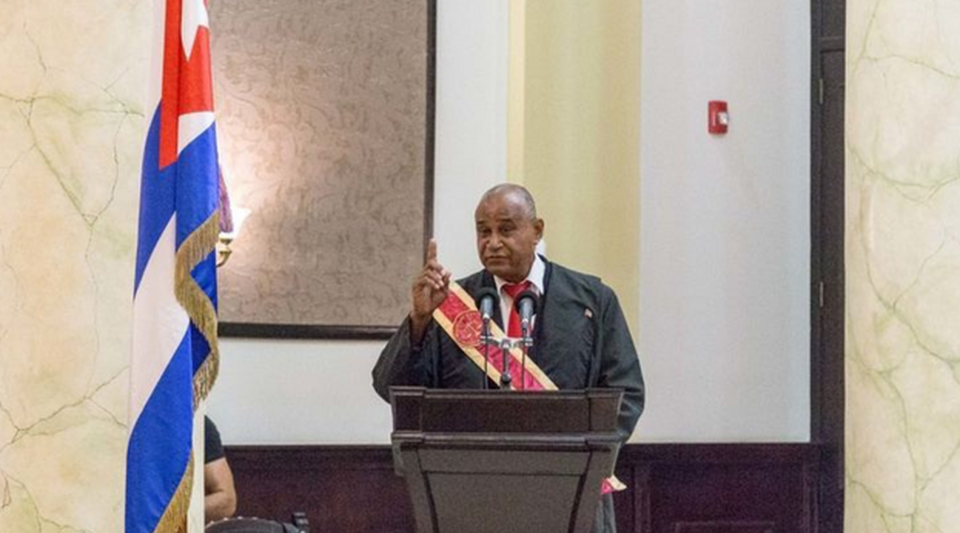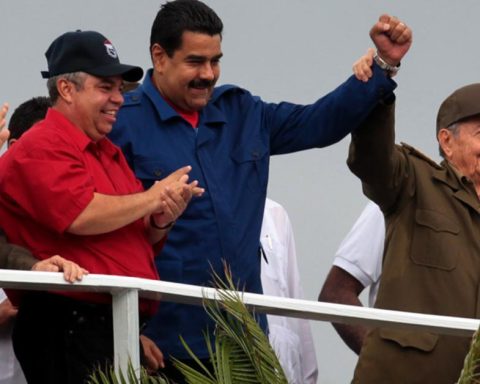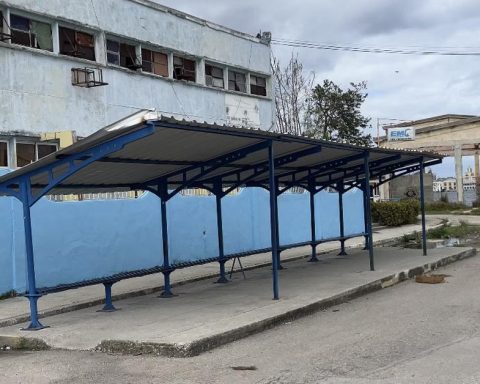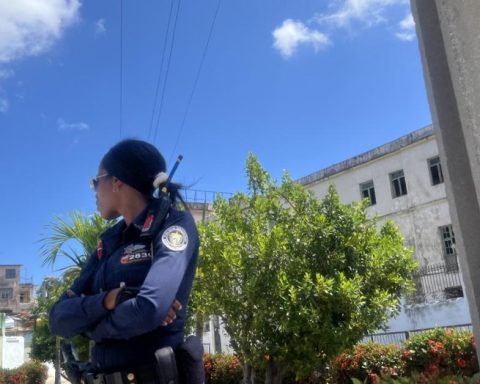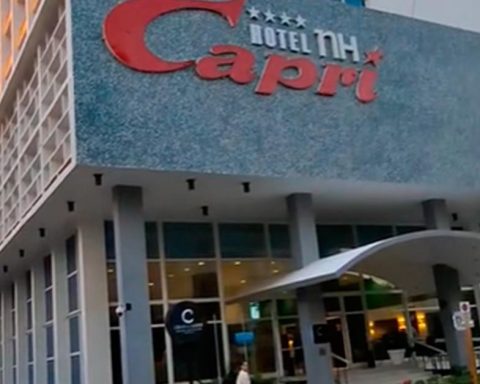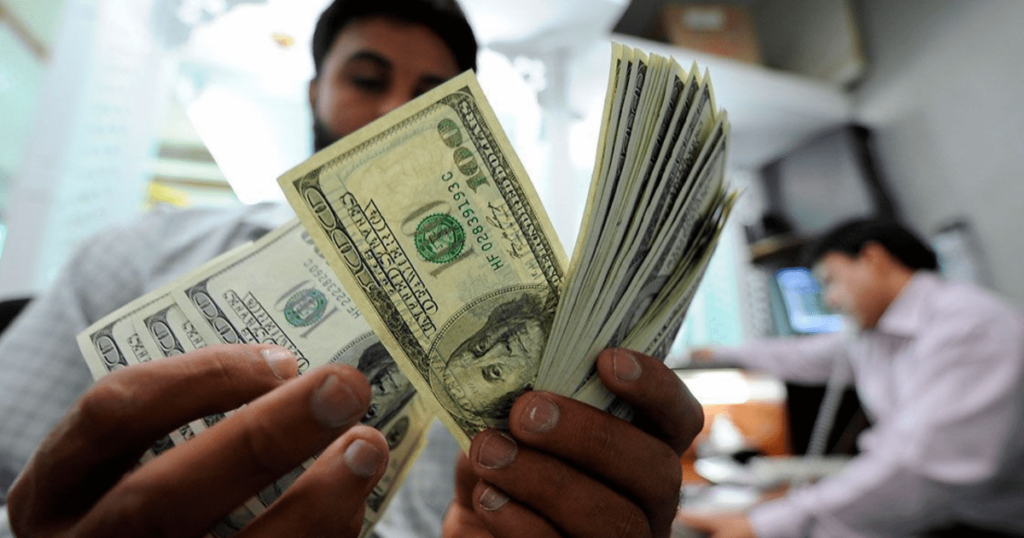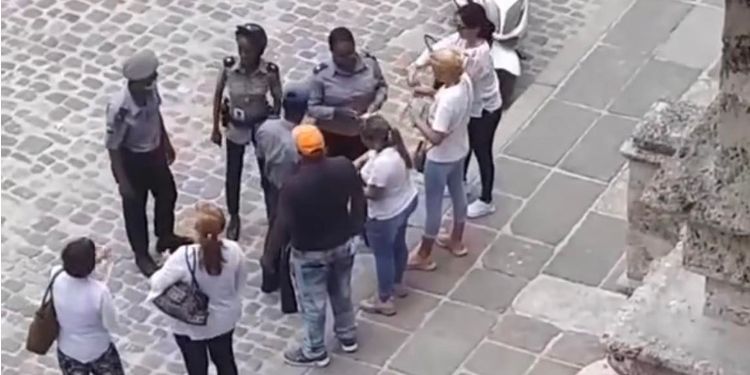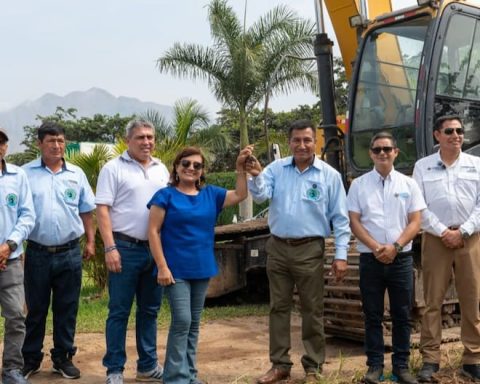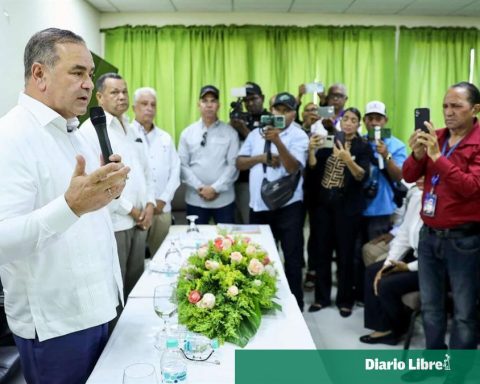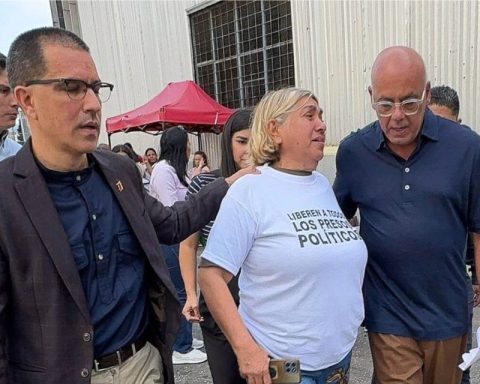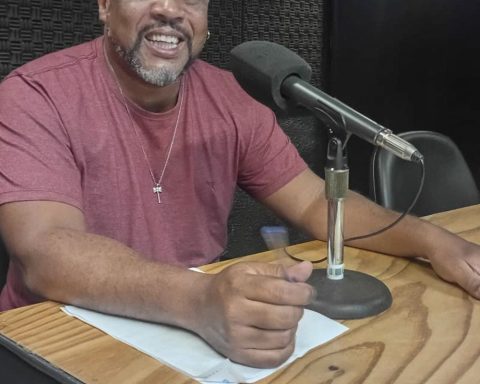Judge Plácido Batista Veranes, one of the best-known faces in the regime’s judicial landscape and directly responsible for the high sentences imposed on the 11J protesters, is leaving his post. The “liberation” of the magistrate, president of the feared Chamber of Crimes against the Security of the State of the Supreme Court, was made public this Wednesday through official Gazette.
With a large file at the forefront of “serious” legal proceedings, the Supreme Court retires this 71-year-old lawyer and places Judge Iliana Julia Gómez Guerra, who until now presided over the Criminal Chamber of that institution.
Batista Veranes was part of the court that rejected the appeal of 30 11J protesters who sought to reduce their sentences, between 10 and 23 years in prison. For this reason he was included by the Foundation for Human Rights in Cuba in its list of repressors.
The trajectory of this judge has been recognized and awarded by the Cuban Government, which in June of this year appointed him emeritus magistratea distinction reserved for those lawyers who have served the regime in “complex” cases.
In fact, Batista Veranes was a member of the court that decreed the execution of the Cubans who tried to leave the country in 2003 aboard the “little boat” of Regla, in the bay of Havana. And also, in 1997, in the death sentence against Salvadoran Francisco Antonio Chávez Abarca, involved in the explosions at the Copacabana hotel, which has not been applied.
“I imagine that Fidel told me to apply justice with energy, or something like that,” interpreted the judge, who took literally the hard hand required for the job
In a interview Granted to the Cuban News Agency, Batista Veranes recounts that, during a meeting of “prominent cadres” in the former Presidential Palace, he went to greet Fidel Castro. From the noise in the room, from Castro’s stutters, he only understood the word energetic. “I imagine that Fidel told me that he applied justice with energy, or something like that,” interpreted the judge, who took the hard hand required for the job literally.
Grandson of a mambí and son of a man from Santiago who was forced to flee to Sierra Maestra in 1957 due to an altercation with the police, Batista Veranes sees the same “longing for justice” in his ancestors.
In a job like his, he said smiling to the press, “you have to learn not to overwhelm anyone and understand that whoever has a problem is a human being.” His first job as a judge in Marianao in the 1970s gave him a reputation as an inflexible and tough man, catapulting him to the Provincial Court of Havana in 1984 and, in 2001, to the Supreme Court’s Chamber for Crimes against State Security.
His retirement could mark a change of stage for the judicial apparatus of the Cuban Government: the judge specialized in “serious crimes in which Cuba maintains zero tolerance”, such as drug trafficking, “terrorism” and “crimes against the Security of the State”, assures his relief with a lawyer no less “eminent”.
Iliana Julia Gómez Guerra, who since August 22 has held the position of Batista Veranes, starred in the debates on the new Cuban Penal Code, commenting for the National Television the articles referring to the “suspension of parental relations” and the “removal of guardianship” over children, in addition to the maintenance of “criminal responsibility from the age of 16”. Even so, Guerra Batista described the Code as a law “very guaranteeing and very attached to its time.”
________________________
Collaborate with our work:
The team of 14ymedio is committed to doing serious journalism that reflects the reality of deep Cuba. Thank you for joining us on this long road. We invite you to continue supporting us, but this time becoming a member of our newspaper. Together we can continue transforming journalism in Cuba.
